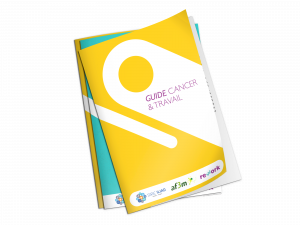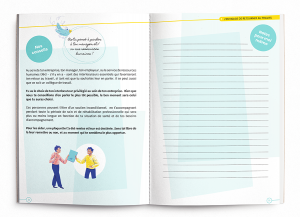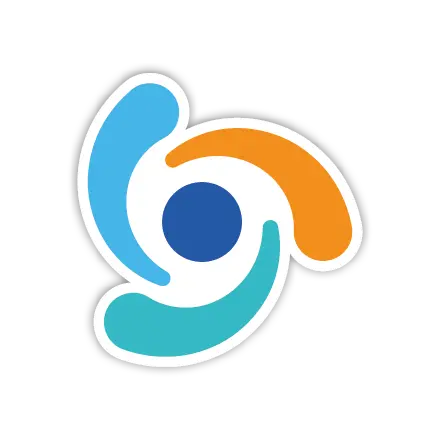After 5 years of research, the REWORK programme of SIRIC ILIAD is about to release a toolbox for patients with breast cancer, which includes materials to help them return to work. An achievement for the researchers involved.

Over one million people of working age have been diagnosed with cancer in Europe, during the year 2020. Thanks to therapeutic developments and prevention, it is possible to consider a return to work after treatment. However, between the side-effects of treatment and the personal consequences of the disease, returning to work is not easy for everyone. Therefore, this issue is important in the care of men and women diagnosed with cancer and of working age.
SIRIC ILIAD’s REWORK programme: Designing the return to work, from theory to practice!
Since its labelling in 2018 by the French National Cancer Institute, the SIRIC ILIAD has been structured around 3 research programmes, including the REWORK programme dedicated to the return to work after cancer. For 5 years, the REWORK research teams have worked together and published numerous scientific studies. To do this, the team relies on a multidisciplinary expert consensus method: the TRIAGE method (Technique de Recherche d’Information par l’Animation d’un Groupe d’Experts).
This method differs from traditional approaches in the field by creating a common opinion through discussions between expert patients, researchers, lawyers, social workers, psychologists, occupational physicians, etc. By using this method, Bertrand Porro, a researcher in health psychology, intends to create tools based on scientific evidence that will facilitate the return to work of people affected by the disease, and thus to design the return to work from theory to practice!
A REWORK toolbox in test phase
After 5 years working on this project, the team will shortly complete the REWORK toolbox. This kit for breast cancer patients will include a new version of the cancer and work guide for the Pays de la Loire region, as well as a follow-up booklet to accompany patients throughout their treatment.


Besides the patient toolbox, a second one is under development: a toolbox for return-to-work stakeholders, including a digital tool to assess the needs of patients for their return to work and a brochure presenting the effects of chemotherapy treatments, which can influence cognitive abilities.
These tools will be tested in practical sessions and submitted to patients and return-to-work stakeholders for use. Together, these kits aim to improve the support of patients in their return to work, by providing personalised care.

